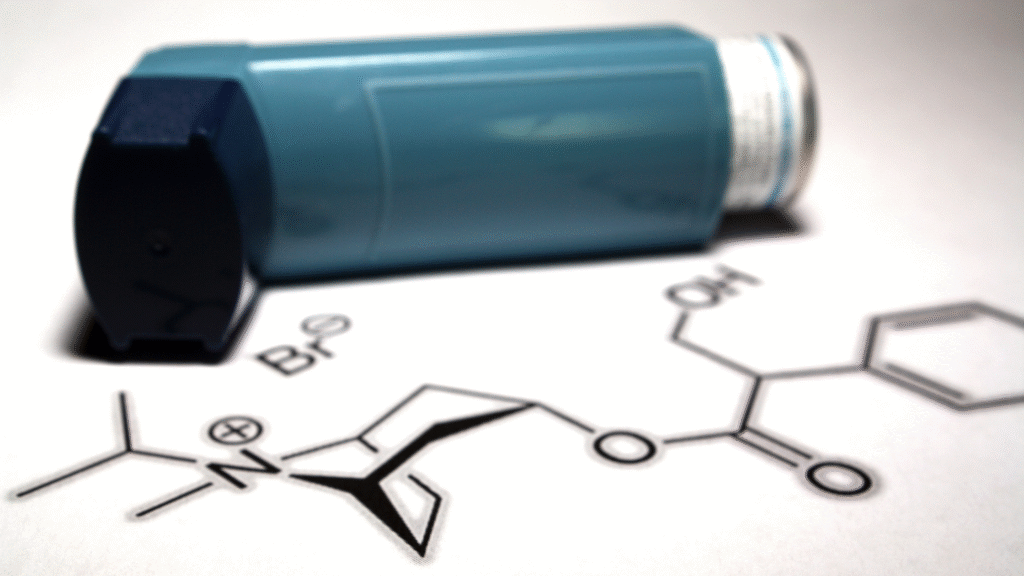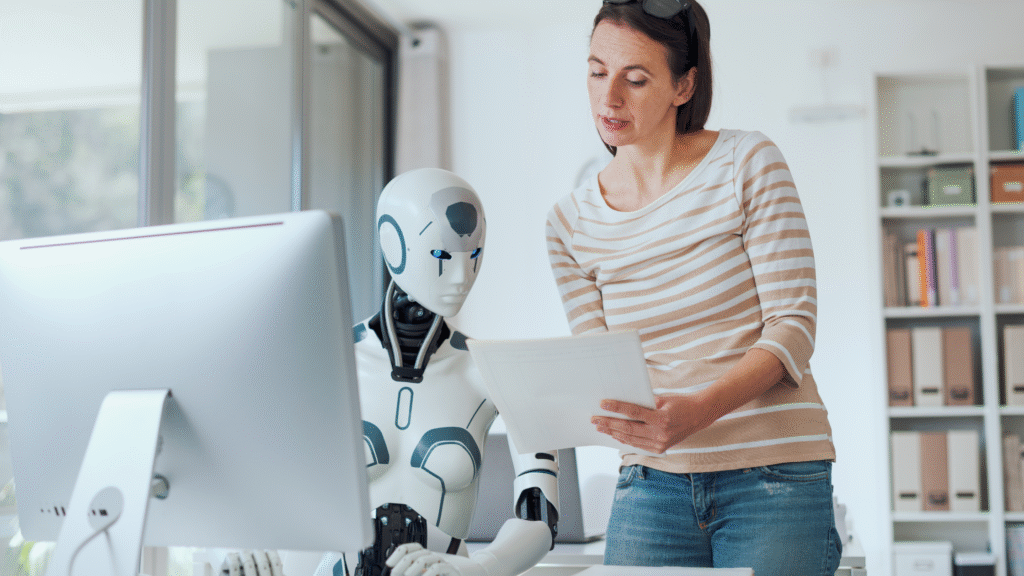
Table of Contents
Introduction
ChatGPT for health advice is on the rise, gaining popularity as a quick solution for diet and wellness. From writing essays to seeking health guidance, many see them as convenient “digital doctors.” However, relying on ChatGPT for health advice without professional verification can pose serious risks. A real case study shows how dangerous that can be — after following a diet recommendation created by ChatGPT, a 60-year-old man was admitted to the hospital with acute bromide poisoning.
The Shocking Case: When Trusting AI Backfires

What Happened?
According to a report in the Annals of Internal Medicine Clinical Cases, the man replaced table salt (sodium chloride) with sodium bromide, based on advice he believed came from ChatGPT. Over three months, he experienced paranoia, hallucinations, extreme thirst, coordination problems, and skin issues—ultimately leading to psychiatric hospitalization. Doctors diagnosed bromism, a rare form of poisoning.
Other sources align with this:
- The New York Post details hallucinations and psychiatric hold.
- New York PostPeople.com emphasizes the AI likely offered bromide without safety context
Understanding Bromism: A Toxin from the Past

What Is Bromism?
Bromism—a condition nearly extinct—used to account for up to 8% of psychiatric admissions in the early 20th century. Bromide salts were once common in over-the-counter sedatives and anti‑anxiety meds, until the FDA phased them out by 1989.
Symptoms to Watch Out For
Bromide toxicity may mimic symptoms of modern illnesses, making diagnosis tough:
- Neuropsychiatric: paranoia, hallucinations, coordination issues, confusion
- Dermatologic: acne, cherry angiomas
- General: extreme thirst, fatigue, insomnia
Why ChatGPT Isn’t Your Personal Dietitian

Lack of Clinical Context
While ChatGPT generates answers from patterns in language data, it lacks context, medical nuance, and individual patient history. In this case, it likely discussed bromide in a cleaning or industrial context—not as a dietary substitute—without clarifying the risk.
The Illusion of Authority
Despite OpenAI’s clear terms—that ChatGPT is not intended for diagnosing or treatments—many still trust it more than social media or friends. A 2025 survey found 35% of Americans use AI for health guidance, and 63% trust it, compared to only 43% trust in social media.
The Growing Concern—“AI Psychosis”
Mental health professionals warn about “ChatGPT psychosis”—where users overly engage with AI, sometimes leading to delusions, obsessions, or emotional instability.
How to Use AI for Health – Safely

1. Treat AI as a Starting Point, Not a Final Answer
Use ChatGPT to explore ideas, research terms, or gather general tips—but always verify with trusted medical sources or professionals. Just like how fake food can look real, AI advice can appear trustworthy. Learn how to spot food fakes in this blog on paneer.
2. Cross-Check Advice
If you see health‑related suggestions, search for them on reputable health websites such as Mayo Clinic, WHO, or peer‑reviewed journals. Don’t rely only on AI.
3. Avoid Replacing Essential Nutrients
As this case shows, drastic changes—like removing sodium entirely—without supervision can be dangerous. Always consult a nutritionist or your healthcare provider before major dietary shifts.
4. Recognize AI Limitations
ChatGPT lacks lab results, cannot follow up on your symptoms, and doesn’t understand individual differences. Human doctors can ask follow-up questions you didn’t consider.
5. Spot AI Over-Dependence
If you find comfort in AI responses or feel anxious deviating from them, pause and consult a professional. Your mental well-being is just as critical as your physical health.
My Perspective: A Caution with Empathy
As someone passionate about both technology and well-being, I see AI’s potential in democratizing knowledge. However, this scenario let me down and made me realize a basic reality: healthcare is very personal.
When the person in question said he distilled his water and distrusted everything offered—even water in the hospital—that referenced a deeper emotional anxiety. AI can’t comfort you like a parent’s touch, a friend’s call, or a doctor’s reassurance. Real healing often comes with human empathy, not model-generated words.
So yes, I love the convenience AI offers—but not when it masks itself as care.
Conclusion
AI tools like ChatGPT can be amazing companions for knowledge, but they are not substitutes for healthcare professionals. The tragic case of bromide poisoning underscores the risks of acting on decontextualized, machine-generated advice. Always verify information, ask questions, and—most importantly—value human expertise when it comes to your health.

🎯 10+ years of Experience
🎓 10k+ Trained ( 📍 Jaipur )
💪 Helping change people’s lives
🌿 Most trusted lifestyle counselor